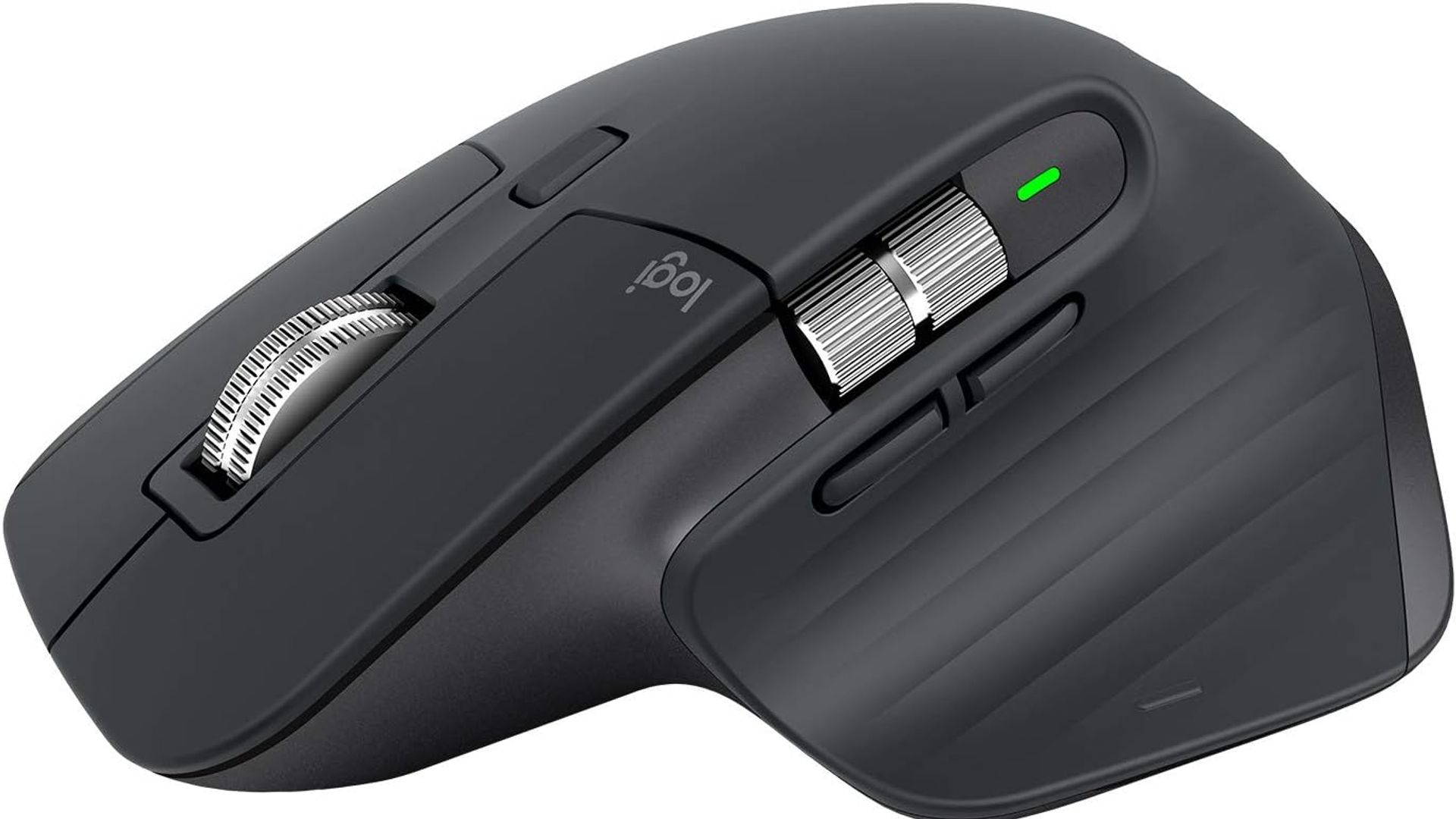Choosing the Best Mouse for Programming: A Comprehensive Guide
Programmers often find themselves spending extensive hours in front of their computers, leading to the development of Repetitive Strain Injuries (RSIs) due to prolonged mouse usage.
Standard mice can aggravate these issues, making it crucial for coders to invest in ergonomic solutions. This guide aims to help you navigate through the myriad of options available in the market and select the top mice tailored to your programming needs.
Logitech MX Master 3
Logitech MX Master 3 is the ultimate ultra-fast mouse designed for precision work.
With app-specific customization and advanced features, it provides a seamless experience on multiple operating systems and devices.
The ergonomic design ensures a comfortable fit, and it supports up to 3 devices simultaneously.
Features:
- DPI: 200-8000 DPI
- Supported Devices: Laptop, Desktop
Pros and cons
Pros
- Easy connectivity
- Extremely comfortable
- Lightweight
- Accurate
- Value for money
Cons
- Bluetooth may fail with consistent use
Logitech MX Ergo Trackball
Logitech MX Ergo Trackball introduces a trackball concept, minimizing arm displacement and providing relief for wrist/joint pains.
With customizable buttons, Logitech FLOW compatibility, and a rechargeable battery, it’s an ideal choice for extended computer usage.
Features:
- DPI: 512 – 2048 DPI
- Supported Devices: Personal Computer
Pros and cons
Pros
- Comfortable
- Tilting stand for adjustable angles
- Precision mode
- Rechargeable battery
Cons
- No version for left-handers
- A bit heavy
- No official Linux support
Levkey ergonomic mouse
Levkey ergonomic mouse offers a vertical design for ergonomic comfort.
Despite some minor issues with the scroll wheel, it provides a natural feel, preventing hand slippage and promoting a comfortable grip.
Features:
- DPI: 800 / 1200 / 1600 DPI
- Supported Devices: Personal Computer
Pros and cons
Pros
- Comfortable for various hand sizes
- Multiple tracking options
- Wireless
- Power-saving
Cons
- Scroll wheel feels flimsy
- Rigid buttons
TECKNET 2.4G Wireless Mouse
TECKNET offers a lightweight and portable wireless mouse with adjustable DPI levels, making it suitable for various devices.
Its ergonomic design and power-saving features make it an excellent choice for extended working hours.
Features:
- DPI: 2000/1500/1000 DPI
- Supported Devices: Laptop, Personal Computer, Spartphone
Pros and cons
Pros
- Good for work and home
- Use on any surface
- Simple
- Easy to use
Cons
- Not suitable for medium-sized hands
Logitech M510
Logitech M510 prioritizes comfort and performance, offering a design that minimizes hand movement.
Its long battery life and customizable settings make it suitable for developers working long hours.
Features:
- DPI: 1000 DPI
- Supported Devices: Laptop, Personal Computer
Pros and cons
Pros
- Operable with minimal hand movement
- Long battery life
- Works well on any surface
Cons
- Trackball needs occasional cleaning
- No left-handed version
- Limited OS support
Amazon Basics
Amazon Basics Ergonomic Wireless PC Mouse mimics a pen’s feel, providing a unique design for comfortable use.
It offers gesture-based controls and seamless compatibility across various operating systems.
Features:
- DPI: 1600 DPI
- Supported Devices: Laptop, Personal Computer
Pros and cons
Pros
- Small and portable design
- Rechargeable with hours of use
- Gesture-based controls
Cons
- Basic
Microsoft Sculpt Ergonomic Mouse
Microsoft Sculpt Ergonomic Mouse provides an entry-level ergonomic solution with a sleek design and vertical orientation.
It offers comfort and style, especially for Windows users.
Features:
- DPI: 1000 DPI
- Supported Devices: Laptop, Personal Computer
Pros and cons
Pros
- Wireless
- Stylish design
- Tracks on various surfaces
- Affordable
Cons
- No Bluetooth feature
- USB receiver protrudes
- Non-customizable Windows start-menu button
CONCLUSION
In conclusion, selecting the best mouse for programming involves considering your specific needs, hand comfort, and work habits. Each featured mouse offers unique benefits, and choosing the right one can significantly enhance your coding experience.
